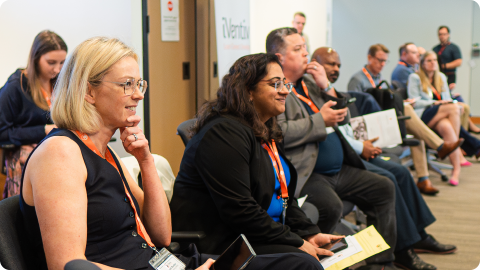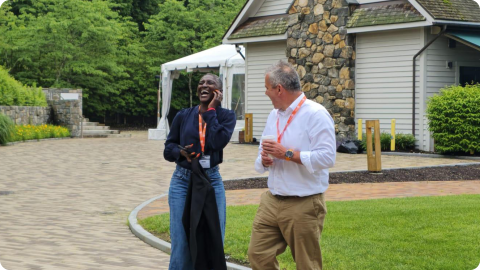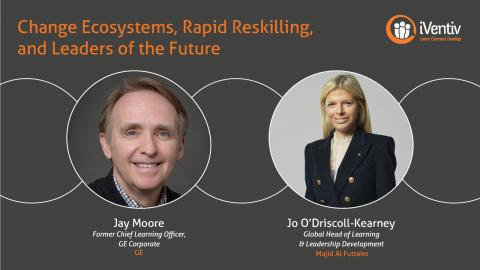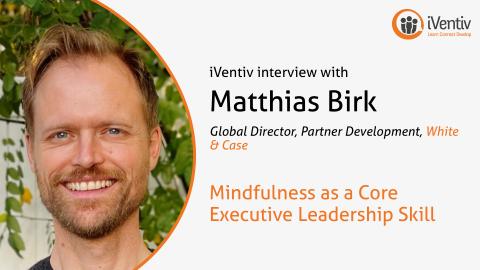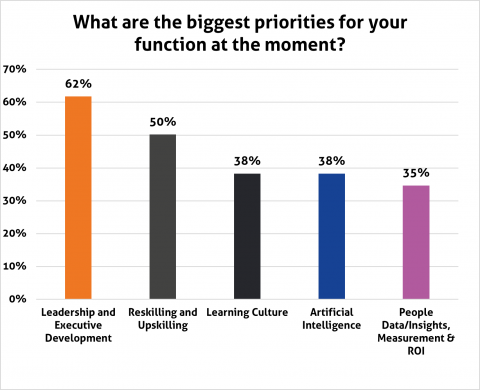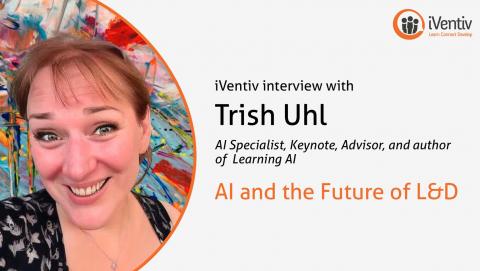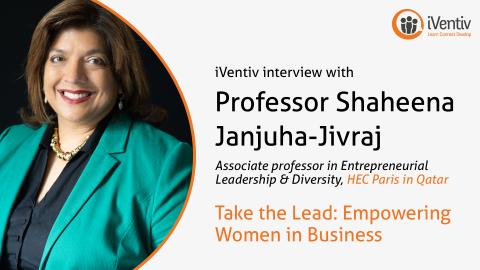In today's fast-paced business environment, the importance of mindfulness in leadership cannot be overstated. As leaders navigate the complexities of decision-making and relationship-building, mindfulness serves as a crucial tool for maintaining focus, fostering empathy, and enhancing executive presence.
In this blog, we explore the insights of Matthias Birk, Global Director of Partner Development at White & Case, on how mindfulness can transform leadership. With decades of experience in leadership development, Matthias shares practical strategies for integrating mindfulness into daily routines, its impact on organisational culture, and the vital role of community in sustaining these practices.
Join us as we delve into the power of mindfulness to elevate leadership effectiveness and create more compassionate, connected workplaces.
Why should mindfulness be a core skill for those at senior executive level positions?
According to Matthias, mindfulness is a critical skill for senior executives because it directly influences their ability to lead effectively in high-pressure environments. As he explains, leadership involves developing "strong relationships," instilling trust, and demonstrating "executive presence”, tasks that require leaders to be fully present and attentive, which is something that mindfulness cultivates. Matthias also tells us that mindfulness is not just about stress management but a "baseline capacity" essential for effective leadership. Without the ability to manage their minds and be present, he says, leaders cannot effectively perform crucial tasks like giving feedback or making decisions.
Mindfulness also enhances the quality of interactions with clients and teams. An example that he shares to highlight this is the relationship between doctors and patients - just as doctors who practice mindfulness are better at listening to patients and improving their satisfaction, leaders who are mindful can better engage with their teams and clients, leading to stronger relationships and better outcomes. Mindfulness, to Matthias, trains the mind, much like a muscle, to return to the present moment, allowing leaders to “be here with whatever is right in front of me”, and approach each decision or conversation with "intention" and clarity.
Mindfulness, for Matthias, is not just a tool for wellness but a fundamental skill that enables senior executives to navigate their complex roles more effectively, making it indispensable in Leadership Development.
In your experience, how has mindfulness positively affected leadership or strategic decisions?
To answer this question, Matthias dove into his own experiences. One example that he referred to involved a senior executive who integrated mindfulness into daily routines, creating a visible practice within the office. This act of "setting the culture", he said, not only normalised mindfulness for the team but also helped in "co-regulating" the workplace atmosphere, leading to a more grounded and focused environment.
Another powerful example that he shared was his anecdote around Bill Clinton's leadership style, where his ability to be fully present during interactions left a lasting impact on Matthias. During a workshop, Bill Clinton made a point to personally acknowledge a junior facilitator, a small gesture that took only "two seconds" but created a lasting impression. Matthias emphasised that this mindfulness, through focused attention and presence, can enhance leadership by making others feel valued, thus strengthening relationships and trust.
Matthias went on to share a story of a hedge fund CEO who consistently made eye contact and thanked service staff, despite being in a high-pressure environment. Through this, Matthias highlighted how mindfulness can be applied in everyday leadership. By practicing mindfulness, this leader was able to consciously ensure that others felt seen and appreciated, thereby fostering a more positive and supportive work environment.
Through these examples, Matthias illustrated that mindfulness not only improves personal well-being but also enhances leadership effectiveness by promoting “presence, empathy, and connection” in professional interactions.
How can leaders implement and model mindfulness practices?
In Matthias’s experience, leaders can implement and model mindfulness practices in both explicit and implicit ways. Implicit mindfulness, he says, involves practicing mindfulness without explicitly labelling it as such. For example, a leader can model mindfulness by simply taking a moment to breathe and “check in with their emotions” before entering a meeting or by ensuring they are fully present when interacting with their team.
Explicit mindfulness, on the other hand, involves openly practicing and promoting mindfulness within the organisation. A powerful example Matthias gave was when a senior executive who, after experiencing the benefits of a mindfulness class, began a regular practice visible to the team. Initially met with scepticism, this practice eventually became normalised, and demonstrated how leaders can influence cultural change by being vocal about their mindfulness routines.
Leaders, Matthias stated, can also incorporate mindfulness into team meetings by dedicating the first agenda item to a "moment of mindfulness," such as taking a few conscious breaths together or doing a quick check-in on everyone’s emotional state. This practice helps create genuine connection and presence among team members and enhances the quality of interactions and decision-making.
For Matthias, when leaders embrace mindfulness, they not only improve their own well-being but also create positive “ripple effects” throughout the organisation, fostering a more “present, compassionate, and effective” work environment.
How important is it for you to be part of a mindful community?
Being part of a mindful community is crucial to Matthias, especially when building a mindfulness practice. Despite the immediate benefits of mindfulness, maintaining the habit, he said, is challenging due to the mind's natural tendency to “seek distraction”, particularly under stress. Practicing in a community offers support and accountability, making it easier to sustain mindfulness. As Matthias notes, "to do those in community... is just so helpful."
Whether through physical groups or virtual sessions, Matthias says that having a regular, shared practice helps individuals stay committed. For leaders, initiating and participating in such a community not only reinforces their practice but also positively impacts others. A leader who commits to regular mindfulness sessions, even inviting others to join, creates a ripple effect that benefits the entire team.
Matthias Birk is an Organisational Psychologist with a PhD in business. He’s the Global Director of Partner Development at White & Case LLP, and previously worked as the Global Head of Coaching at Goldman Sachs’ Pine Street Partner Development Group. Matthias is an Adjunct Professor for Leadership at NYU and teaches in Columbia Business School’s Executive Education programs. He’s been published in magazines such as Harvard Business School and Sloan Management Review and given talks at Amazon, Deutsche Bank, Google, SoftBank, and the United Nations.
Frequently Asked Questions
What is mindfulness, and why is it important for senior executives?
Mindfulness is the practice of being fully present and attentive in the moment. For senior executives, it’s crucial because it enhances their ability to lead effectively by helping them develop strong relationships, instill trust, and demonstrate executive presence. Mindfulness is a "baseline capacity" that is essential for managing stress and making sound decisions.
How can leaders model mindfulness without explicitly labeling it?
Leaders can model mindfulness implicitly by taking a moment to breathe and check in with their emotions before meetings or by being fully present during interactions. These subtle practices set a standard for mindfulness without needing to be explicitly labeled.
How can mindfulness be integrated into team meetings?
Mindfulness can be integrated into team meetings by dedicating the first agenda item to a few conscious breaths or a check-in on everyone’s emotional state. This helps create a more connected and present team environment.
How can leaders create a mindful community within their organisation?
Leaders can create a mindful community by initiating regular mindfulness sessions, inviting others to join, and fostering an environment where mindfulness practices are encouraged and normalised.
How does mindfulness benefit both work and personal life?
Mindfulness benefits work by enhancing leadership effectiveness and fostering a positive workplace environment. It also has a positive impact on personal life, improving relationships and overall well-being by helping individuals be more present, compassionate, and empathetic.


